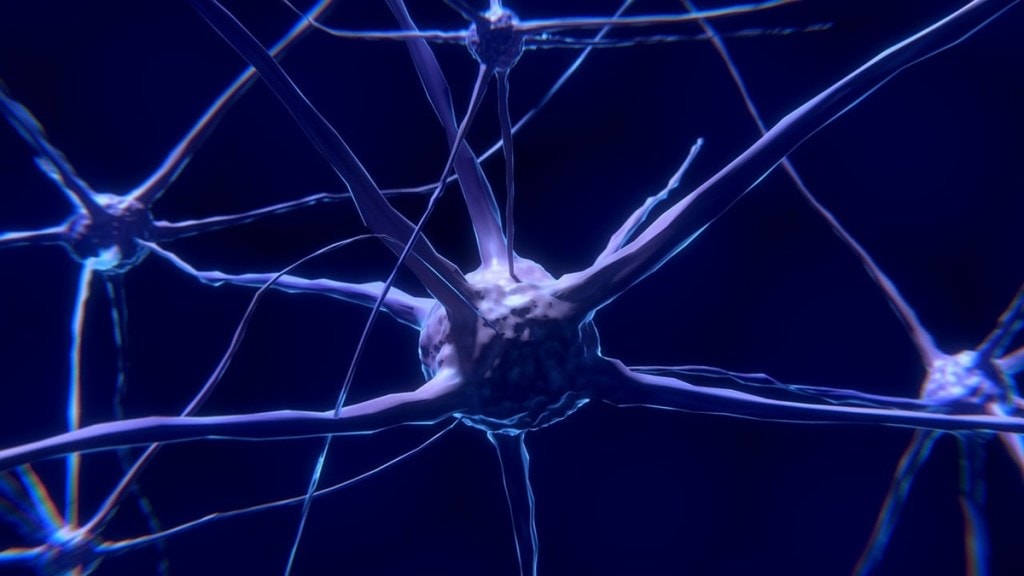The World Health Organization (WHO) and Encephalitis International have issued a new warning about encephalitis, a condition which leads to inflammation of the brain. The global health agency maintains that this serious brain condition is becoming global health concern.
The UN Health body has released a Technical Brief explaining the urgent need for better prevention, diagnosis, and treatment of the disease.
The Technical Brief outlines the worldwide burden of encephalitis, key actions required to improve prevention, data collection and surveillance, diagnostics and treatment, aftercare and awareness, and research innovation.
“Encephalitis is an increasing global threat. Without urgent attention and investment, we will see more needless deaths and disabilities from the condition,” said Dr Ava Easton, the chief executive of Encephalitis International as quoted by news agency PTI.
WHO and Encephalitis International urged policymakers, public health professionals, healthcare providers, and researchers to implement its recommendations to save lives and reduce disability associated with encephalitis.
“WHO’s recognition of encephalitis as a growing global threat marks a pivotal moment. We must act decisively to improve prevention, diagnosis, and care for those affected. Encephalitis disproportionately affects individuals in low-to-middle-income countries, where healthcare resources are often limited,” Dr Easton said.
The brief aims to focus attention on the increasing global threat of the disease, prevention strategies and existing gaps in the diagnosis, treatment and care which will help enable more people affected to receive the treatment and care they need to live fulfilling and healthy lives, said Dr Tarun Dua, Brain Health Unit, Department of Mental Health, Brain Health and Substance Use.
What is the status of encephalitis in India?
A 2024 survey revealed that as many as 1,548 Japanese Encephalitis cases were reported from 24 states and Union Territories in India. Encephalitis, caused by infectious and autoimmune factors, is an often-deadly brain inflammation that can affect anyone regardless of age, sex or ethnicity. It can lead to severe neurological consequences, including permanent brain injury.
It arises either from an infection invading the brain, such as Japanese Encephalitis and Scrub Typhus which are more prevalent in India or from the immune system mistakenly attacking the brain.
Last year, the health ministry reported 245 cases of acute encephalitis syndrome (AES) including 82 deaths (CFR 33%). A 2022 study published in the Journal of Clinical Virology revealed that acute encephalitis was a major health problem in Central India and Japanese encephalitis virus continued to occur despite vaccination.
A report by Johns Hopkins revealed that encephalitis strikes 10–15 people per 100,000 each year, with more than 250,000 patients diagnosed in the last decade alone in the U.S. The condition can affect anyone, but more often occurs in younger people.
What are the symptoms of encephalitis?
Symptoms of encephalitis vary according to the area of the brain affected and, in autoimmune encephalitis, depending on the associated antibody.
Physical Symptoms
- Fever
- Seizures
- Headache
- Movement disorders
- Sensitivity to light
- Sensitivity to sound
- Neck stiffness
- Loss of consciousness
In severe cases, encephalitis symptoms may include:
- Weakness or partial paralysis in the arms and legs
- Double vision
- Impairment of speech or hearing
- Coma
- Cognitive Symptoms
- Excessive sleepiness
- Confusion and disorientation
- Irritability
- Anxiety
- Psychosis
- Hallucinations
- Memory loss
- Other behavioral changes
- Cognitive impairment
How encephalitis is treated?
Health experts maintain that early detection and effective treatment of the underlying cause is crucial for surviving encephalitis. According to Johns Hopkins, encephalitis treatment depends on the underlying cause and symptoms, and may include:
- Antiviral medications to fight viral infections affecting the brain.
- Antibiotics to address underlying bacterial infections causing encephalitis.
- Immunotherapy, such as steroids, intravenous antibodies (IVIg) or plasma exchange, to address certain types of autoimmune encephalitis.
- Medications or other therapies to control seizures.
- A breathing tube, urinary catheter, or feeding tube may be necessary if the person’s encephalitis has caused loss of consciousness.

